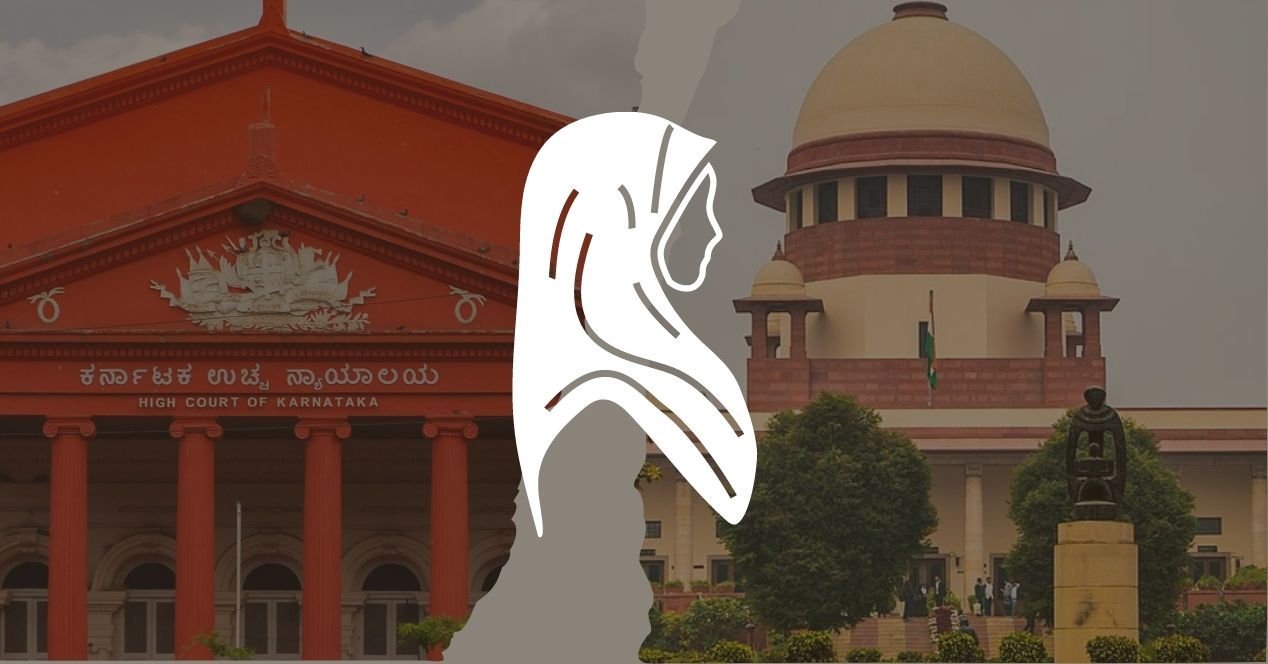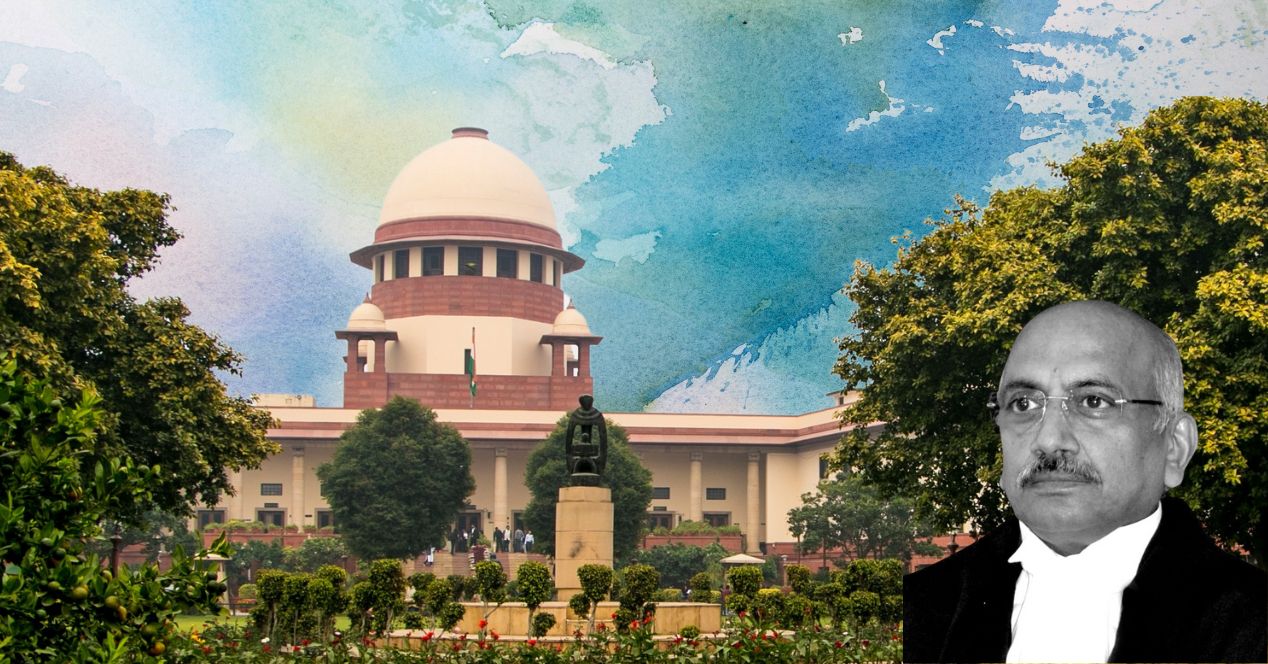Channel
SCO Weekly: Hijab Ban to be Heard One More Time
A 2-Judge Bench of the SC delivered a split verdict on Karnataka’s Hijab Ban, which means the case will be deliberated for a 3rd time!
‘Discordant notes do not resolve a dispute’, Justice Sudhanshu Dhulia admitted in his opinion on the Hijab Ban, before emphasising that ‘…finality is a good thing, but Justice is better.’
A 2-Judge Bench of the Supreme Court delivered a split verdict on Karnataka’s Hijab Ban in educational institutions on October 13th after nine days of hearing.
Justices Hemant Gupta and Sudhanshu Dhulia were not the first Judges to deliver opinions on the Hijab Ban. On March 15th, 2022, three Judges of the Karnataka High Court delivered a Judgment upholding the Ban after 13 days of hearing. Immediately after, challenges to the High Court decision were filed at the Supreme Court. For five months under Chief Justice N.V. Ramana’s stewardship of the Court, the Case was not heard. Right after taking over, CJI U.U. Lalit listed the petition before Justices Gupta and Dhulia.
Justice Dhulia declared the ban unconstitutional. Justice Gupta, in his final move before retirement, upheld it. The site of the dispute—schools—formed the heart of both opinions, albeit for different reasons. For Justice Gupta, discipline and uniformity in schools was of paramount importance. For Justice Dhulia, the barrier-free education of girls outweighed all other concerns.
2-Judge Benches of the Supreme Court present an obvious problem, especially in sensitive cases. What happens if Judges on the even-numbered Bench disagree with each other? The Court, then, has no option but to start from scratch with a larger Bench. Senior lawyers at the Supreme Court, such as Mr. Fali Nariman, have criticised 2-Judge Benches for adding to the Court’s burgeoning pendency problem, and delaying resolution. SCO’s Weekly Video shows that despite sweeping administrative changes, pendency stood at 69,461 cases on October 1st, 2022.
Some students challenging the ban requested that the Sabarimala Review 9-Judge Bench should hear the case. Justices Dhulia and Gupta rejected the request. If the new Bench overturns their decision on reference, the Hijab case will get resolved only after 9 Judges decide the validity of the Essential Religious Practices test. Many hope that the Sabarimala Review will be the Judgment to give final clarity on the ERP test, which has already been subjected to intense scrutiny at the SC.
What happens next? The Chief Justice will decide which three Judges will start fresh hearings on the Hijab Ban challenges. Lawyers on either side of the debate will benefit from both Judges’ decisions to emphasise their arguments. Justices Gupta and Dhulia heard a wide range of arguments spanning the rights to education, equality, religion, privacy, dignity, liberty, fraternity and free expression. The overwhelming focus before this Bench was on the contentious ERP test, even though all the parties and the Judges agreed that it should not form the basis for decision. Interestingly, the Court still spent a majority of its time hearing ERP arguments.
A long road lies ahead in the Hijab Ban challenges. A final answer is unlikely in the two working weeks remaining in CJI Lalit’s tenure, leaving the ball squarely in next-in-line Justice D.Y. Chandrachud’s Court.



